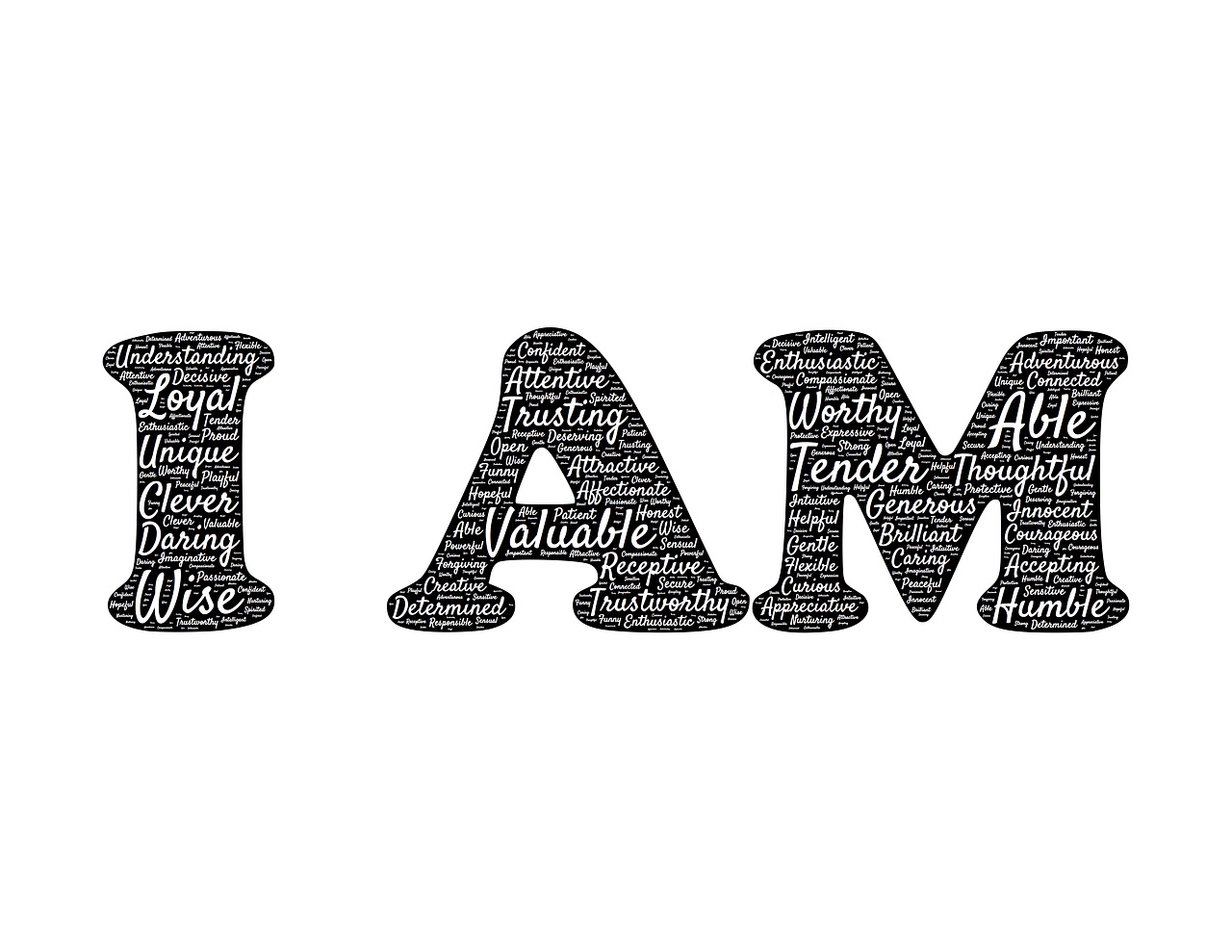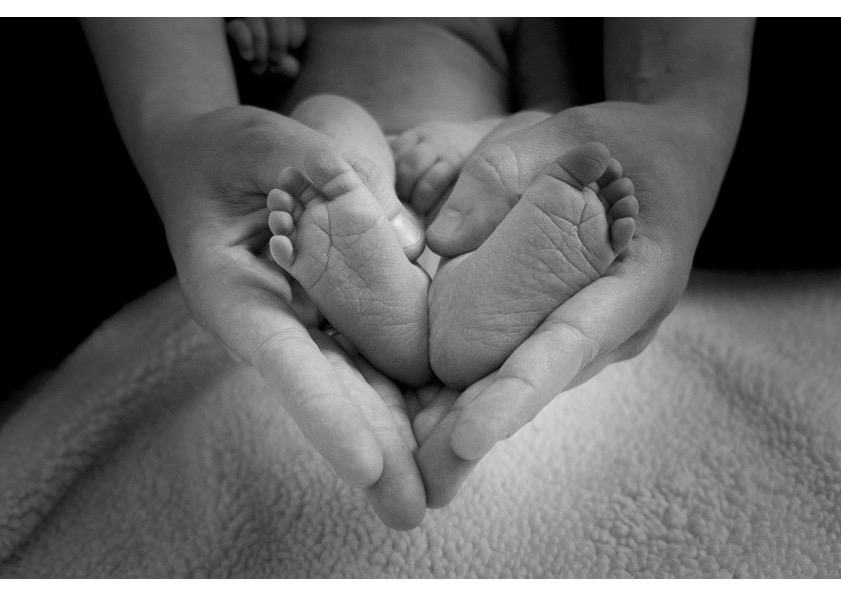What Is the Father Wound? The father wound is a deep emotional injury caused by a strained, neglectful, absent, or abusive relationship with one’s father or father figure. This wound often develops during childhood and adolescence, but its effects can linger well into adulthood—shaping your sense of identity, self-worth, and capacity for connection. Often unrecognised, …
Continue reading “Healing the Father Wound: Understanding the Root of Emotional Pain”










